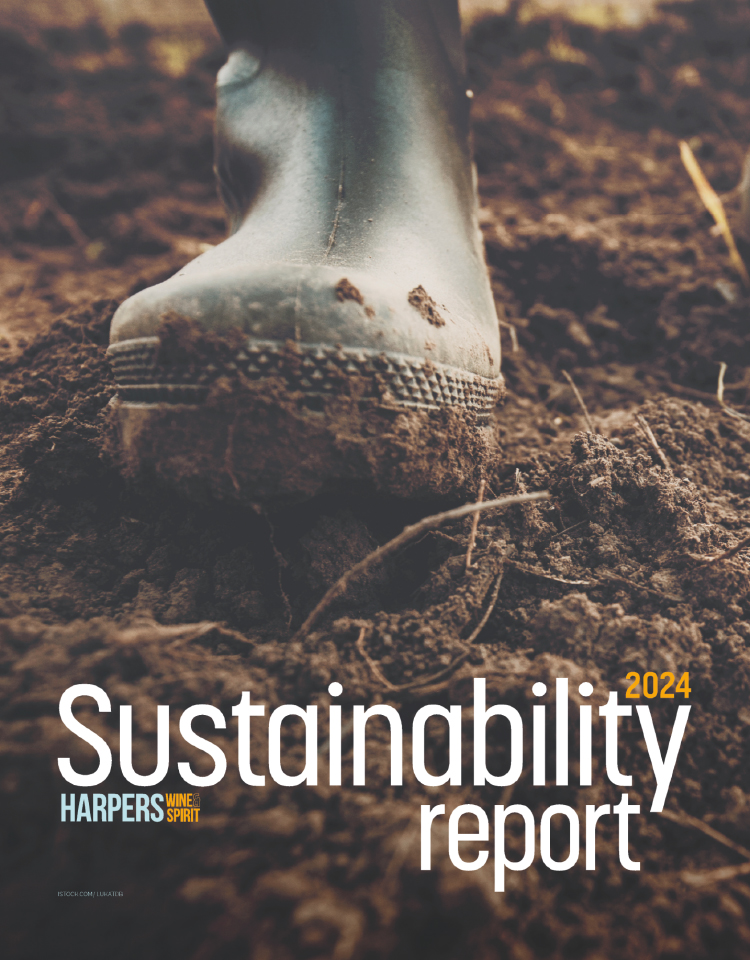
TescoGate Special Report: how will retailers and suppliers work together in the future
Leading analysts and trade experts are divided over whether the Tesco accounting scandal will have ramifications for the wider trade. Some say there will be "no change whatsoever" in the retail landscape, while others say the change will be "seismic".
A number of industry experts told Harpers.co.uk that the practice of bringing forward payments, as it is widely understood to be under investigation at Tesco, was commonplace throughout all major retailers.
 Experts are querying the wider ramifications for the trade of the Tesco accounting probe
Experts are querying the wider ramifications for the trade of the Tesco accounting probe
David Sables, chief executive of Sentinel Management Consultants, which advises suppliers, including some within the BWS sector said once the latest investigation has ended, all retailers will have to admit their actions and stop pulling forward payments, and they will take a drop in value in one period as a result, he said. But overall he believes there will be "no change whatsoever".
"The government won't have the stomach to legislate on any of it, as they'll say that in the end the consumer gets a win. But I disagree, I think the consumer loses.
"The big retailers claim they are the guardians of low prices, but the truth is they are the guardians of their own profits. The following year everything will be business as normal."
Ex-Somerfield head wine buyer Angela Mount told Harpers.co.uk that the "scale of this investigation, which is completely different to my time at Somerfield, means there will be a call from retailers for a review of the Code of Practice." She added that it is likely, as happened when she was at Somerfield, that there will be a call for far further clarity on supplier/retailer contracts and the details and timings of payments.
"I believe suppliers will support that but I still maintain that suppliers know what they're getting into when they begin to trade with major retailers. What is wrong, is when pressure is applied to change the goalposts, linked to late payments of invoices and pull forward of agreed trading deals.
"Because there is such intense scrutiny, I can't see how the investigation won't escalate into an industry-wide one. This will give suppliers the strength to stand up against unreasonable demands.
"This is going to cause a seismic change in supplier/retailer relations, with a far more open understanding of trading agreements going forward."
Mount emphasised: "This has finally taken the lid off a situation that many suppliers have complained about for years, but haven't dared mention. Now they have more strength and conviction to speak out."
Andrew Marsden, a veteran of the supply trade who has held senior marketing roles in Britvic and Danone and now works as a retail and marketing consultant, said suppliers would "inevitably be drawn in" to the investigation, and would face questions about why they didn't complain about non-compliance and why they paid fees upfront. "
"I can't imagine this kind of adjustment to profit is not much more widespread. It confounds common sense it was not happening at other big retailers."
He said that within the next year or two there "may be some guidelines issued around accounting standards".
"The area [around accounting procedures] has become grey rather than black and white," he said. He hopes that the spotlight shone on Tesco's financial affairs will "stop dodgy practices" and improve relations with suppliers. In future auditors will take a "stronger view", he said, adding that although guidelines already exist, such practices would "come under greater scrutiny". "And that's for the good of the industry," he stated.
But, he said, the entire event "will largely pass consumers by". "If it was going to destroy [consumer] trust, it would have done so by now," he added.
Others aren't convinced that consumers will ignore the issue. Sables said: "A lot of people in the general public didn't even realise that a third of the monies made by a supermarkets come through something other than buying and selling. People are horrified." Cantor Fitzgerald analyst Mike Dennis said the less than flattering revelations about Tesco "could change people's behaviour in a way we have yet to understand".
As for outcomes, Dennis said: "Ultimately there's the potential for a positive - their disclosures will be significantly better than they have been before."
He also queried what might happen "if anybody becomes liable for their behaviour other than through dismissal".
A number of American law firms are investigating potential claims on behalf of purchasers of the American Depositary Receipts ("ADRs") of Tesco concerning possible violations of federal securities laws. This could lead to some sort of recompense, and prolong the matter further. "It could go on and on and on. It's not a particularly straightforward case," said Dennis.
What is being investigated:
Sables told Harpers.co.uk that Tesco's demands from suppliers had become "more frequent and quite creative".
The accelerated payments of gate or listing fees, common among a number of retailers was not the problem, they can be explained to auditors. "It's arguable that gate fees are earned in the period you agree them. It's a grey area."
However, Sables said: "It's my opinion that they have been asking for pulled forward promotional trigger and annual bonuses. People can argue it's not a crime if anyone's dumb enough to do it. But some [of the payments] are undeniably next year's promotions. You cannot possibly have earned them before they have taken place. That's a little bit trickier to get past the auditors."
In the past, if Tesco was pulling forward payments it did not matter as the business was improving performance, but when it started declining, and more and more payments were being pulled forward, "the hole was getting bigger". "They were building a ticking time bomb," Sables said.
It's doubtful that suppliers knew how their payments were being accounted for, Sables said, adding that this week's investigation would reveal "if buyers even knew about it".
Case study: how a smaller BWS supplier could be affected
"Let's say a smaller spirits company drops their price to get an extended contract to two years. Maybe the retailer knocked the price down but they've got security. Then halfway through the contract they get pressured to drop their price again. That's naughty and wrong. What they're threatened with could be sidelining, less space or invoice deductions. That's not Grocery Code compliant."
Keywords:
- wine
- News
- Producers
- Retailers
- Sectors
- Suppliers
- Tesco
- Harpers Subscriber
- Analysis & Insights
- Analysis
- Gemma McKenna
- HWS - Gemma McKenna






